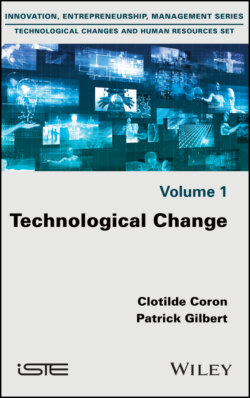Читать книгу Technological Change - Clotilde Coron - Страница 22
I.2.2.2 Philosophy
ОглавлениеThe philosophy of technology is the part of philosophy that is concerned with the meaning of technologies, i.e. their nature and value for humanity. Let us begin by mentioning Karl Marx and Friedrich Engels who, in their Communist Manifesto (1999 (1848)), considered the determination of politics on a techno-economic basis: the hand mill corresponded to slavery; the water mill to feudal society; the steam mill to an industrial capitalist society. Considered as a whole, the philosophy of technology is shaped by two traditions. The first focused on alienation, in which technology would be the vector and symbol. The most emblematic author of this trend is certainly Martin Heidegger (1958), who is known for his denunciation of the extension of technical domination. In a similar way, Jürgen Habermas (1973) criticized techno-scientific ideology. In contrast to this pessimistic situation, we can contrast a second, optimistic orientation led by authors such as Gilbert Simondon (1969) and François Dagognet (1989, 1996), or a third orientation, inspired by the precautionary principle, such as the one led by Hans Jonas’ ethics (1903–1993).
